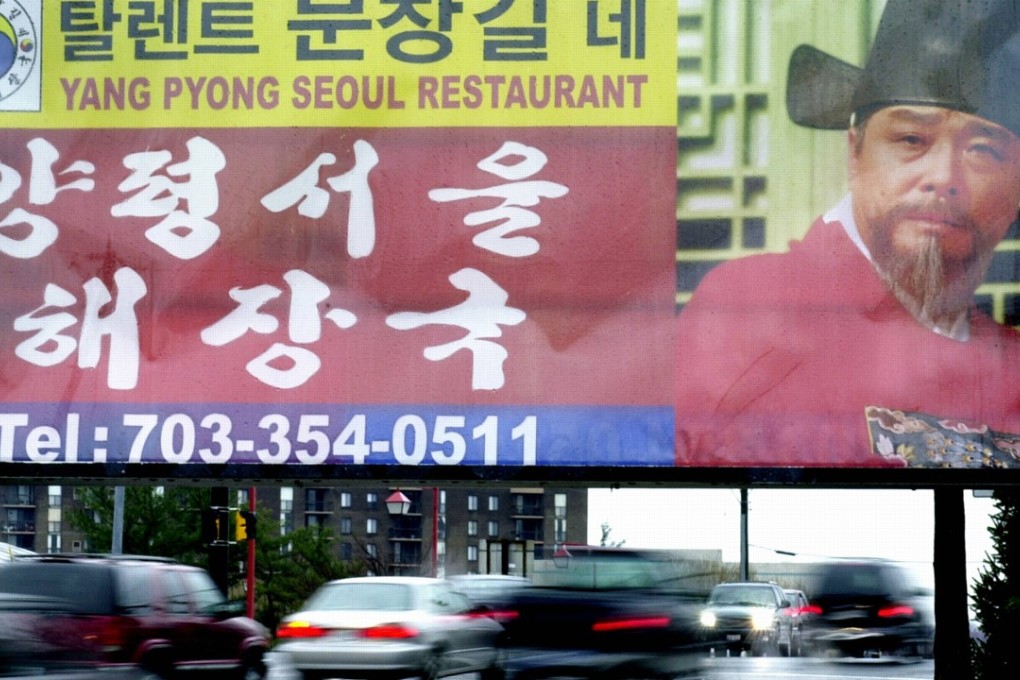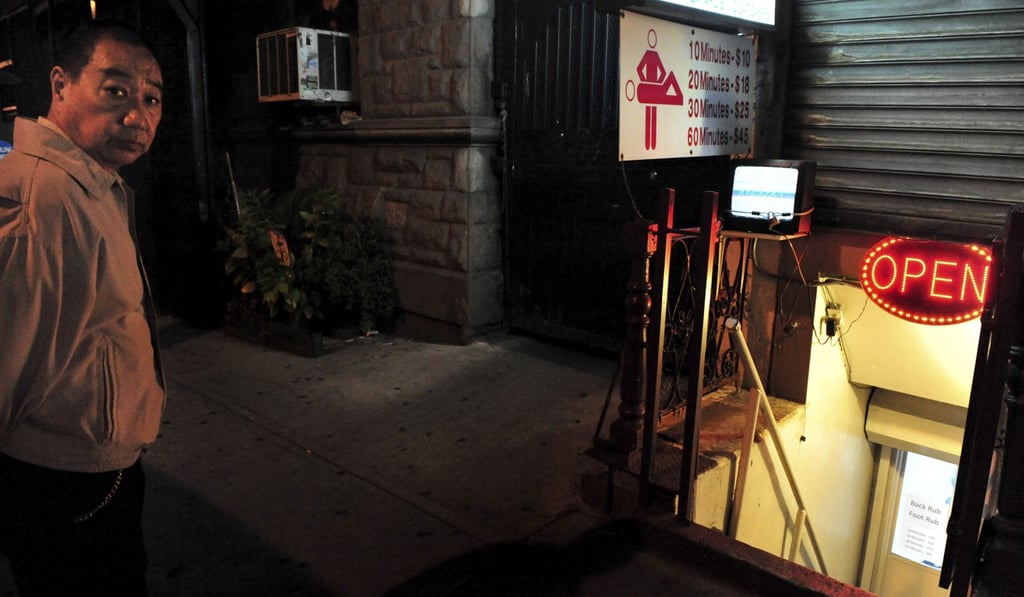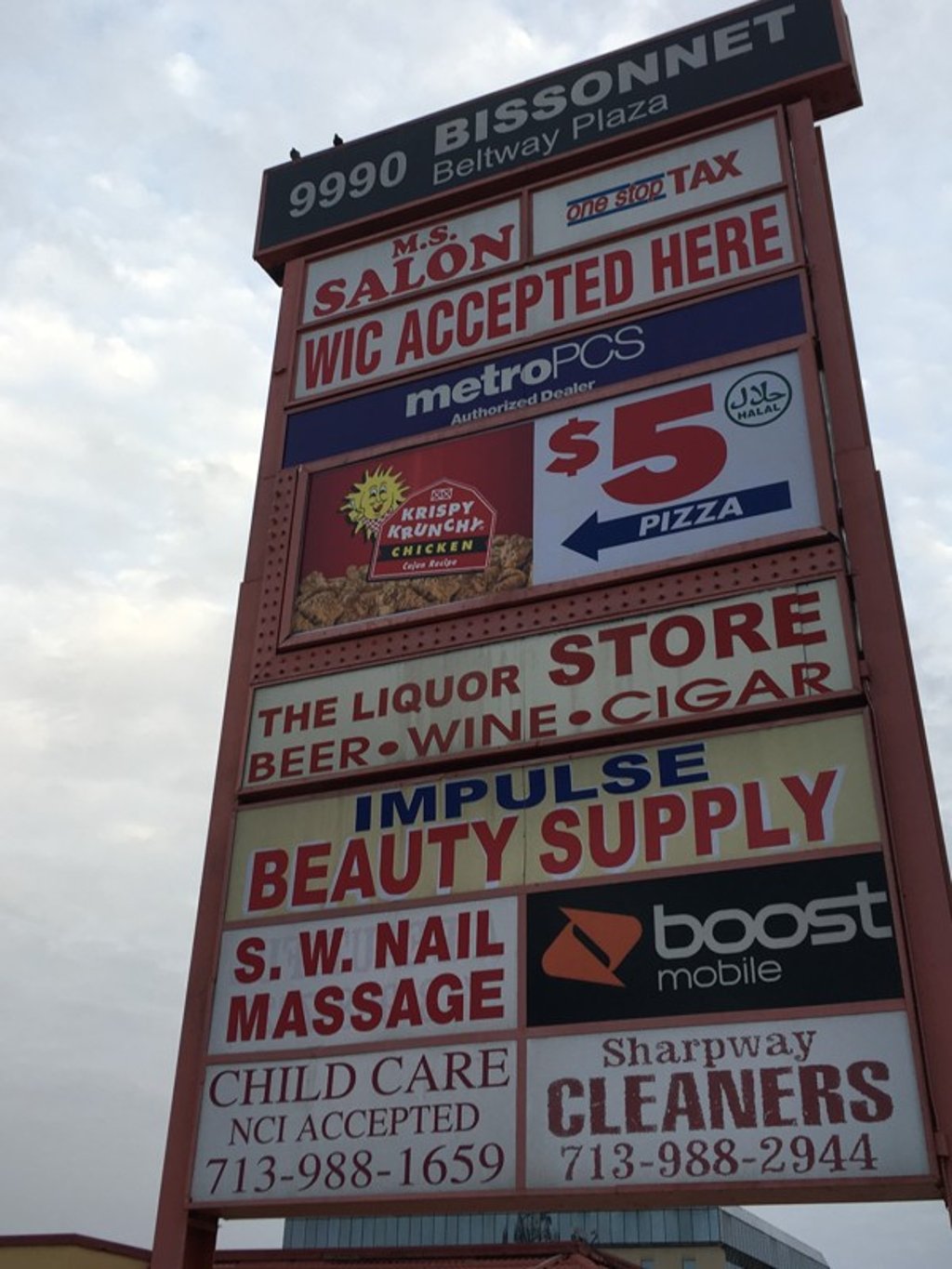How karaoke and Korea’s love of plastic surgery became front lines in America’s war on sex slavery
Massage parlours have long been notorious in the US as fronts for prostitution. But now trafficking victims are as likely to be found singing K-pop ditties in small-town bars, forced into vice to service debts for cosmetic procedures

At the beginning of the evening, Annandale – about half an hour’s drive from Washington – seems just another unassuming town by a highway. But as night falls, it becomes clear that even though this is America, there is something quite foreign about this strip of land.
Once all the neon lights come on, Annandale – a small city in Fairfax County, Northern Virginia – transforms into a Koreatown, with restaurants and karaoke bars spread out between vast intersections and parking lots that resemble match boxes.
Not far from the main road, one such bar has blacked out windows and a facade decorated with fairy lights. Beyond its doors, an unwelcoming middle-aged Korean woman stands behind the dimly lit bar and a large screen shows Korean video-clips. An Asian man on a stool stares at newcomers.

It’s a Wednesday night, and too early for partying, yet the air is heavy with the smell of cigarettes smoked on previous evenings. A young Korean woman wearing an off-the-shoulder top sits alone in one of the karaoke booths. Too bored to look up, she plays on her phone as a huge screen blasts a K-pop classic. Another girl in high heels and a miniskirt walks past and disappears to the back of the bar.
The surroundings may appear a little grim, but a good time in a bar like this will set back the average punter far more than in many of the trendiest bars in Washington. That’s because many of these bars provide more than a microphone for customers to sing their hearts out. They provide hostesses known as doumis, who are expected to entertain clients by singing and drinking with them, and in the seediest establishments, having sex with them.
